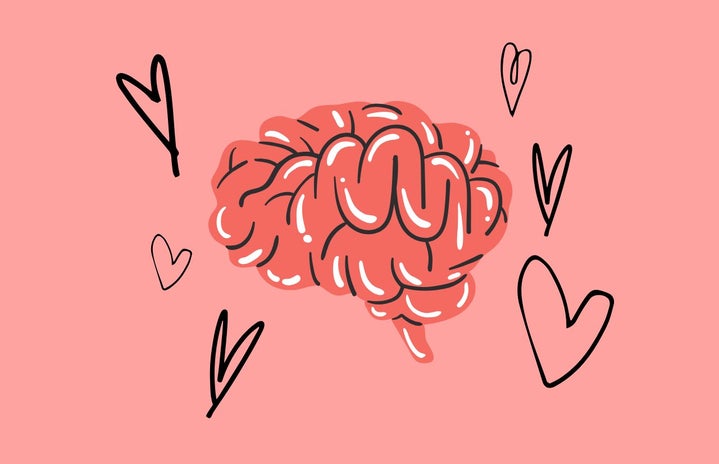Being lucky enough to come from a family whose dinner conversations welcome topics such as menstrual cycles, sex, and emotional stability, having an accepting space to discuss my experience with severe anxiety and depression was never an issue. I first saw a therapist at the age of nine and began taking SSRIs before graduating high school. The open nature of my family enabled me to develop a sense of self that helped me better navigate my emotions as I got older. And while I thought this was the norm for most, I was rudely awakened upon my arrival to Lafayette’s campus, where I discovered that the stigma surrounding mental health remained pervasive in many families’ lives. I was shocked to discover that my friends who were struggling with their mental health amid their transition to college had never seen a therapist or discussed the concept with their parents. I was not only confused but also upset. I couldn’t have envisioned a childhood where my emotional well-being wasn’t at the forefront of everyday life or frankly where I would be today without the professional treatment I’d received.
In trying to better understand why my friends were so reluctant to seek counseling or help of any kind, I learned a lot about the reality of mental health for my peers. What I found was a mix of embarrassment, fear, and an absence of understanding. But most of all, it boiled down to a lack of normalization. By not greeting these topics with open arms, families often send the message to their children that such things are not “normal.” I did my best to change this outlook among my close friends, using stories from high school where it was a running joke in my friend group that we couldn’t hang out on certain days because we all had therapy, or how the weird side effects of our anti-anxiety/depression meds were just another conversation we had on any given day. I hoped that the casualness with which I talked about these often “uncomfortable” topics would ease their hesitancy to address their own mental health concerns.
In openly discussing these things, I also tried to convey that taking advantage of Lafayette’s available resources is nothing to be ashamed of. In fact, since having arrived at Lafayette, the counseling center has been an incredible asset for me. There have been semesters where I haven’t needed therapy, and there have also been the countless months where my major depressive episodes have made seeing a counselor my number one priority. While for me it was a no brainer to schedule an appointment the moment I began feeling withdrawn, the truth is that it continues to be a concept of discomfort for so many when it absolutely shouldn’t.
While I implore you to utilize these free resources, what I want to make most apparent is that it is okay to not be okay. I hope that something I’ve shared here resonates with you, and maybe even serves as the slightest of affirmations that whatever you are feeling – even when you can’t figure out exactly what that is – is normal.



